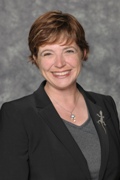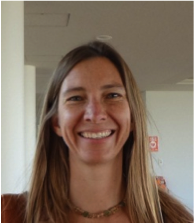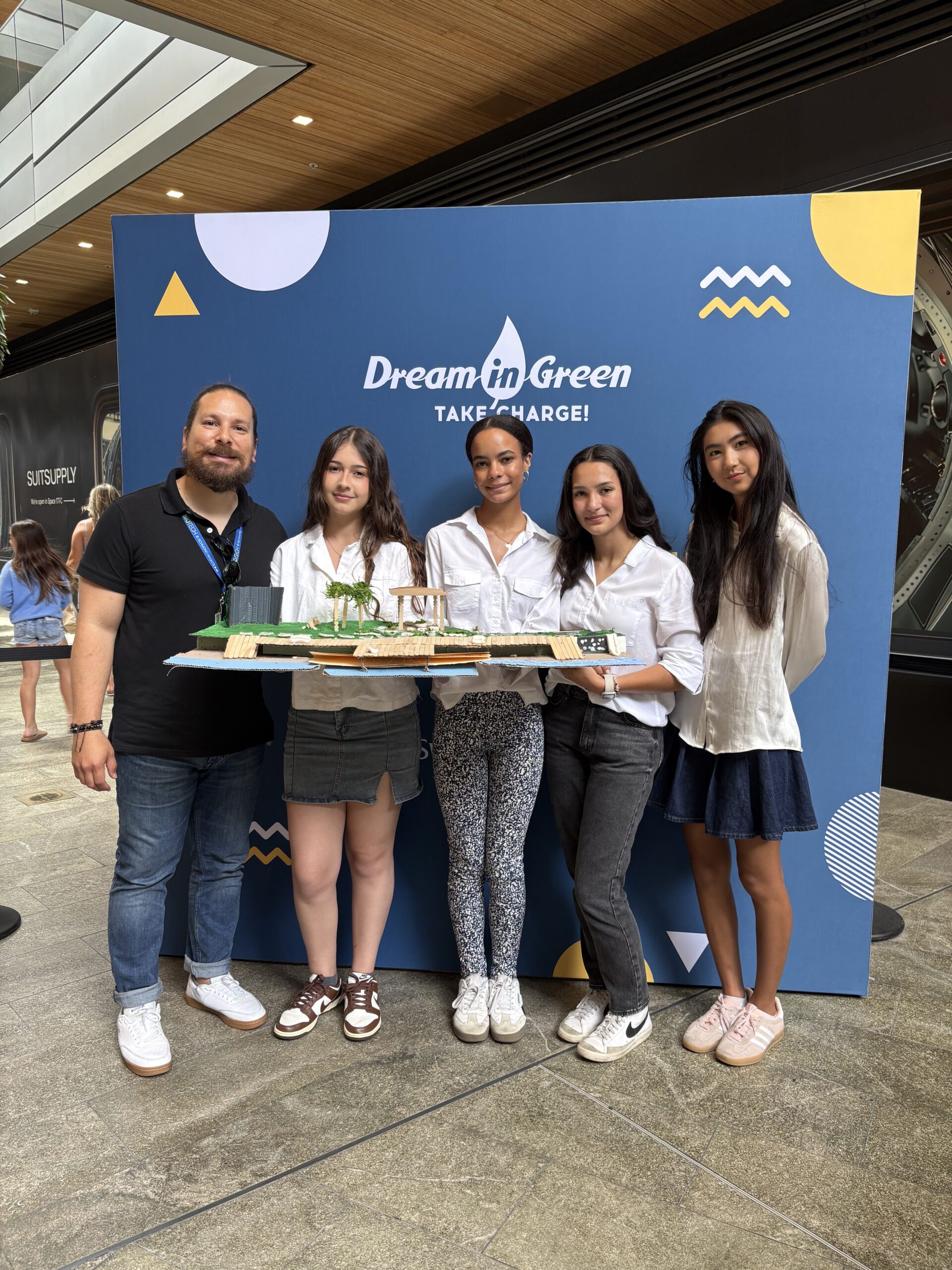The rising sea is a topic of grave concern in low-lying, flood prone coastal areas around the world whose ramifications will likely impact most societies. While the methods and means that allow for a successful adaptation to sea level rise are largely local in nature, it will take international, national, regional, as well as local cooperation to efficiently develop and implement the necessary policies and strategies to address this global threat to resources and national security.
Some of the world’s largest economic hubs are faced with the inevitable reality of higher seas and therefore research and analysis are needed to develop effective adaptations to preserve governance systems, infrastructure, business, supply chains, ecosystem dependencies, and personal assets. In addition, synthesis and communication of existing knowledge and expertise is crucial if we are to provide accurate predictions and risk assessments of sea level rise. We must also train a new generation of scientists, planners, designers, and architects to develop sustainable solutions to this and other climate change impacts.
Because sea level rise represents one of the great challenges of our time, Florida International University (FIU) is focusing its efforts on conceptualizing an effective response through the application of scientific knowledge. FIU understands that a transdisciplinary team can more effectively design innovative, useful, and unexpected solutions to urban challenges across a range of scales. Although sea level rise represents an unprecedented threat, it also presents an opportunity for communities to make timely socioeconomic improvements that gain value over the long term.
To do this, FIU has developed a hub for international research, collaboration, education, communication, and outreach: the Sea Level Solutions Center (SLSC). Given the need for an organizational mechanism to develop useful and sustained sea level responses, the SLSC at FIU provides a clear and reliable voice focused on successful adaptation in a local context that can be heard and understood by multiple public audiences and will continue to exist as stressful conditions become more severe.
The solutions to sea level rise can be found in new strategies and approaches that are identified through the specialized art of wielding creativity in practical and deliberate ways in order to sustain resources upon which humans depend, and establish high quality and artful public spaces that uplift, enlighten, educate, inform, and sustain the environment and society. The SLSC leverages existing research expertise across diverse disciplines (e.g., the natural and social sciences, architecture, engineering, computer sciences, law, communications, business, human health and tourism management), a demonstrated history of success working with both government and the private sector, a willingness to address such matters at FIU in facilities development, asset management, daily operations, and relevant curriculum revisions, and a location in one of the world’s highest-risk regions. Through these partnerships and activities, the SLSC at FIU is dedicated to designing and implementing short and long term adaptation strategies and enhancing and communicating our understanding and knowledge of these matters to local, regional, national and global stakeholders.








